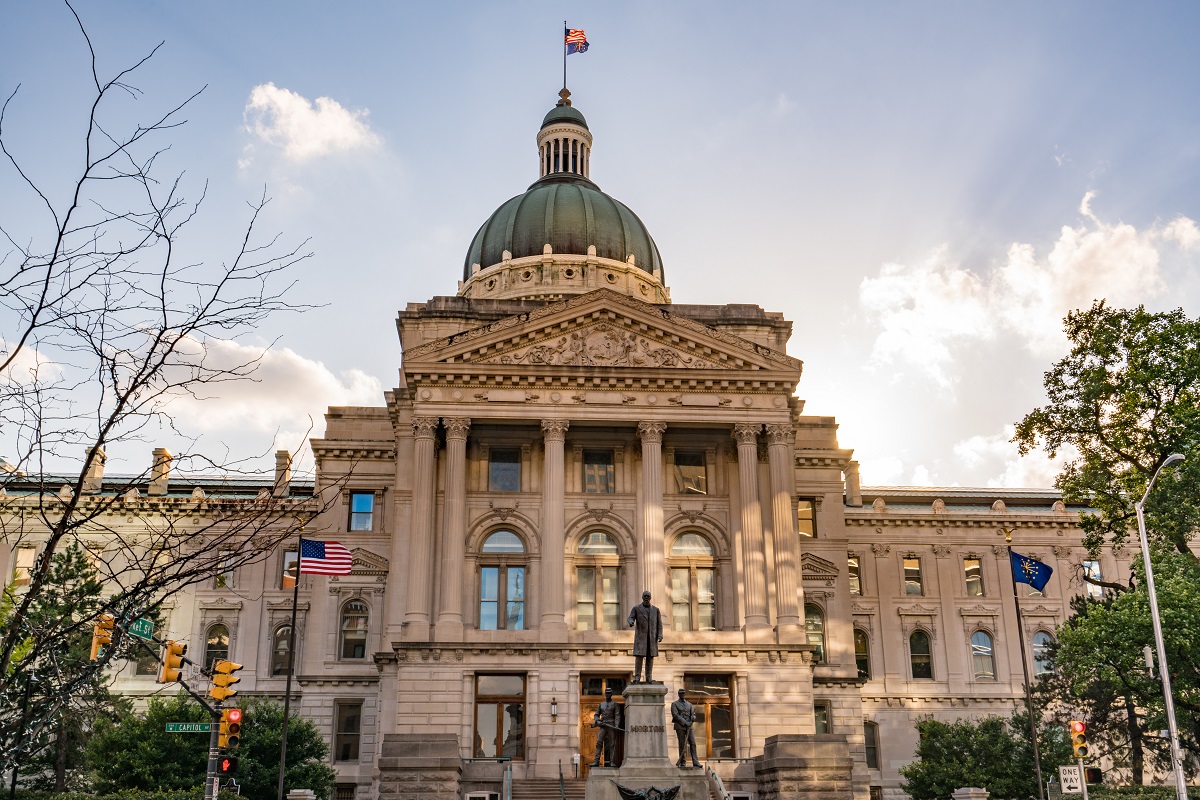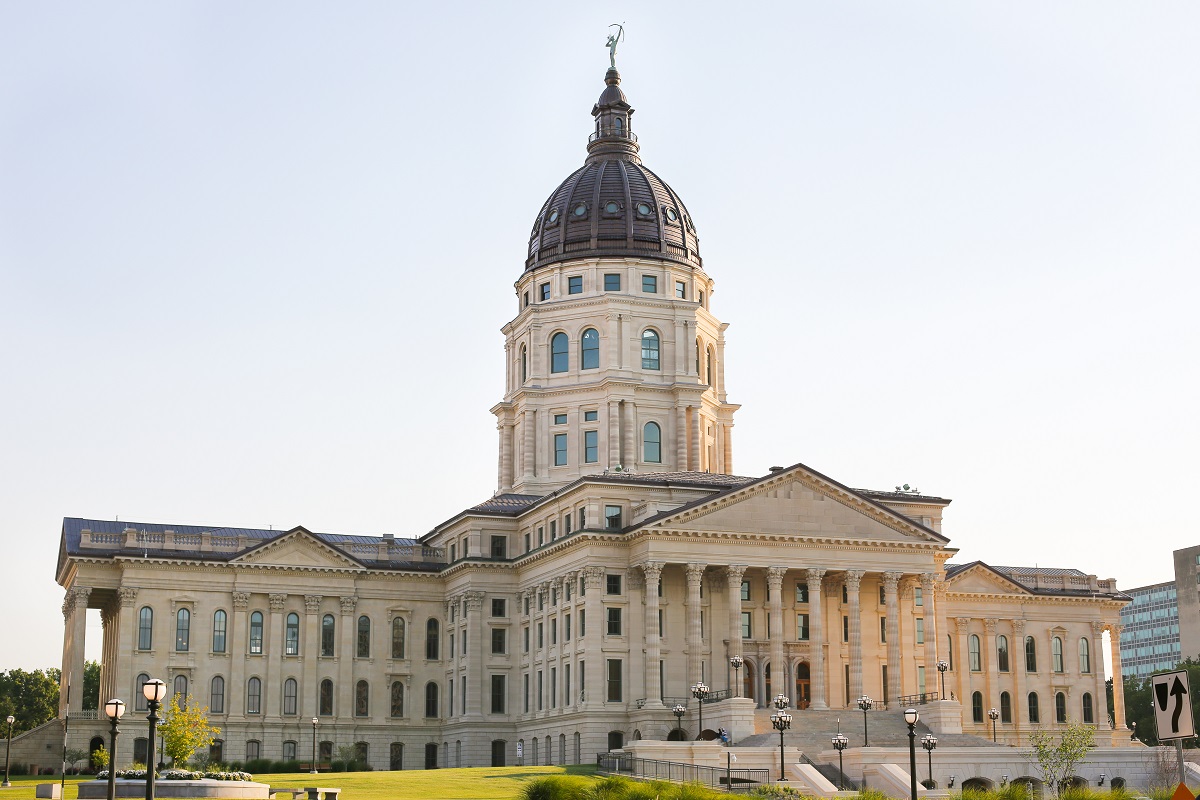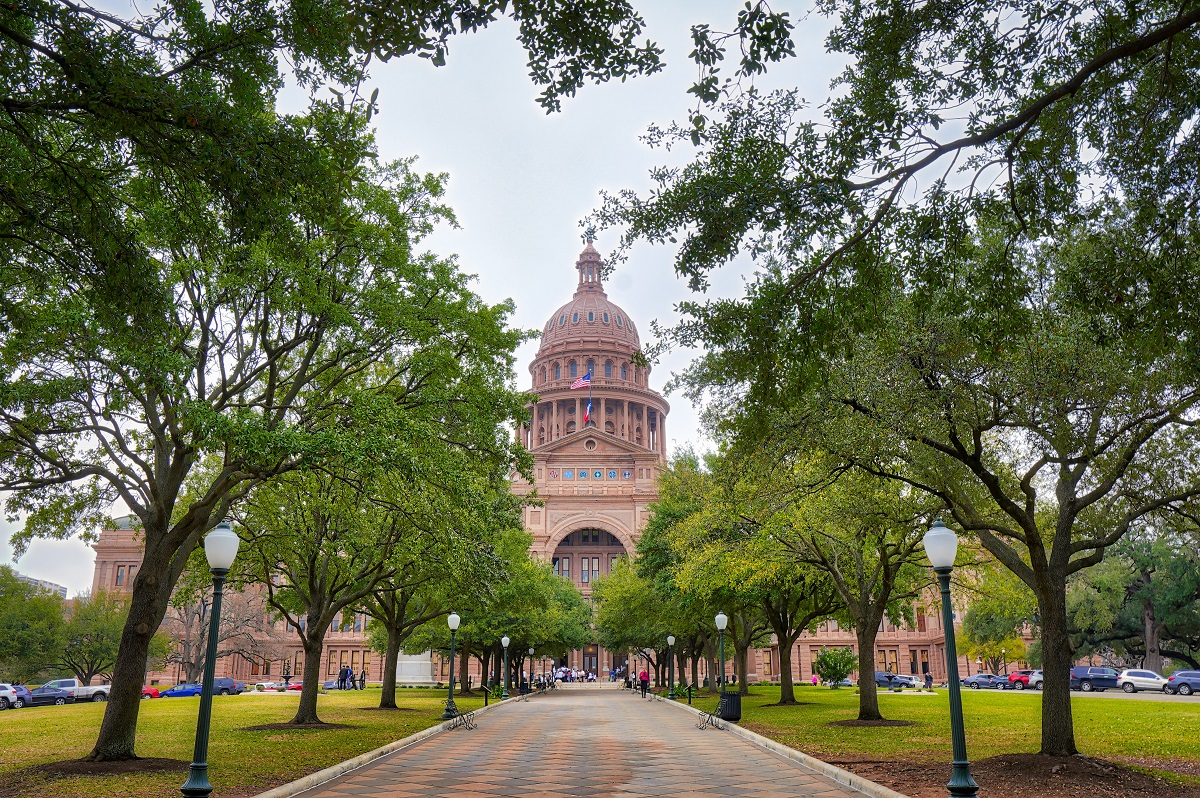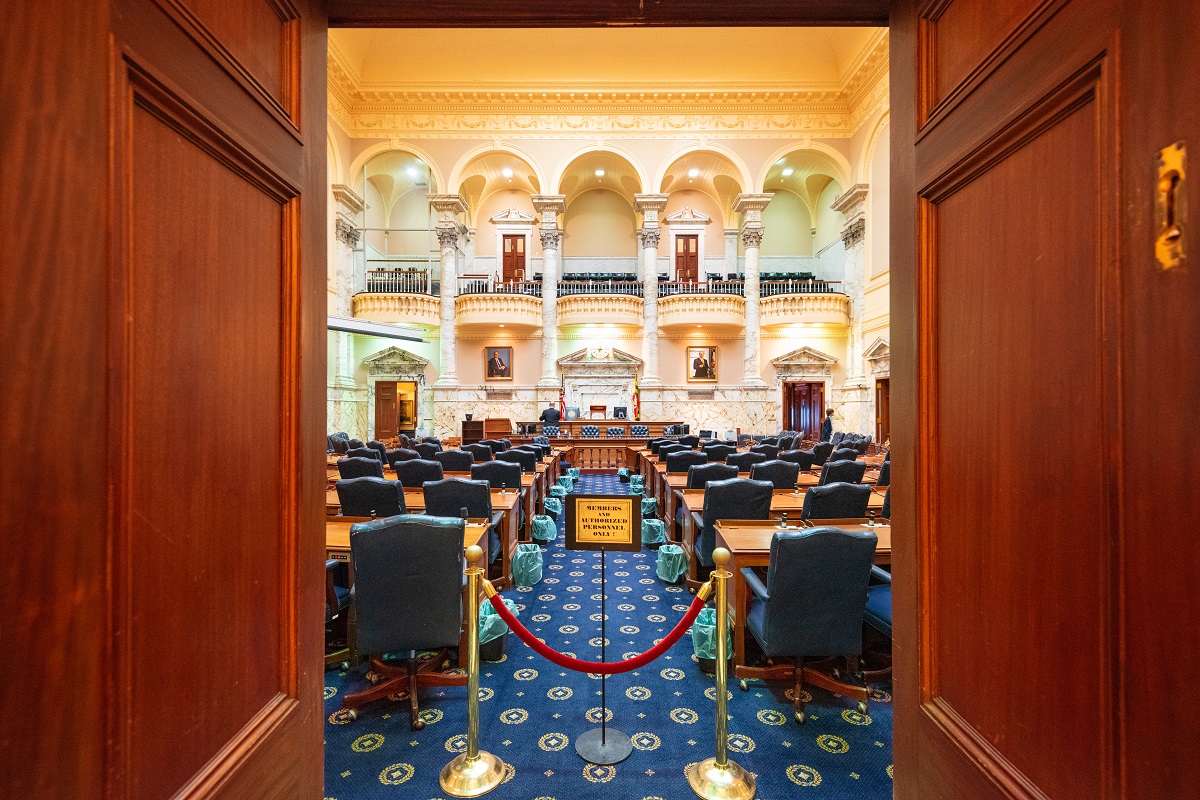Tennessee Gov. Bill Lee on May 11 signed into law House Bill 1181, making Tennessee the eighth state to enact a comprehensive consumer data privacy law, following California, Virginia, Colorado, Utah, Connecticut, Iowa, and Indiana. The law will take effect July 1, 2024.
Posts published by “Eric Rosenkoetter”
Eric Rosenkoetter is a principal at Maurice Wutscher LLP, where he provides counsel to businesses and consumer financial services firms nationwide. For many years, he has focused his practice on various aspects of financial services law. As a litigation attorney, he has conducted every aspect of the litigation process, including countless depositions, motion proceedings, bench and jury trials, and appeals in various courts. In addition, he has significant experience as a compliance and transactional attorney, providing strategic, business growth, legislative, compliance and regulatory advice to national corporations and trade associations. For example, he has drafted consumer contracts and disclosures designed to state-specific statutory requirements, and developed “Best Practices” guides and state-by-state compliance grids, for national financial services companies. He also conducted research and crafted a metrics report for a national trade association with analysis designed to counter the claims of advocacy groups. Eric’s experience also includes working for a national corporation as Executive Counsel, Chief Compliance and Ethics Officer, and Director of Legislative Affairs, and as a federal lobbyist and Director of Government and Public Affairs for a national financial services trade association. In the government sector, Eric presided over approximately 6,000 state administrative hearings, served as a staff attorney for the Missouri Senate, and handled litigation in 33 counties as a regional managing attorney. Eric frequently speaks to audiences on topics relevant to the financial services industry including regulatory compliance, data privacy law and related advocacy initiatives. For more information, see https://mauricewutscher.com/attorneys/eric-rosenkoetter/
Indiana Gov. Eric Holcomb on May 1 signed into law Senate Bill 5, making Indiana the seventh state to enact a comprehensive consumer data privacy law, following California, Virginia, Colorado, Utah, Connecticut, and Iowa. The law will take effect Jan. 1, 2026.
Kansas Gov. Laura Kelly has approved enactment of Senate Bill 44 which requires certain financial institutions to establish information security standards consistent with the federal Gramm-Leach-Bliley Act’s Safeguards Rule, 16 C.F.R. § 314.1, et seq. The Kansas Financial Institutions Information Security Act becomes effective July 1, 2023.
The Texas House of Representatives on April 4 voted unanimously in favor of Texas House Bill 4, the Texas Data Privacy and Security Act. The Texas legislature remains in session through May 29, so there is ample time for the legislation to continue its course.
Iowa Gov. Kim Reynolds on March 28 signed into law SF 262, making Iowa the sixth state to enact comprehensive consumer data privacy legislation. The other states are California, Virginia, Colorado, Utah, and Connecticut. The law will take effect Jan. 1, 2025.
Utah Gov. Spencer Cox on March 23 signed into law Senate Bill 127, which amends the state’s data breach notification statutes. The amendments go into effect May 2, 2023.
The upward trend in data privacy legislation continued in 2022. According to the National Conference of State Legislatures, “[a]t least 35 states and the District of Columbia in 2022 introduced or considered almost 200 consumer privacy bills,” which is a significant increase from 160 bills in 2021.
In a pair of recent enforcement actions, the Federal Trade Commission cracked down on companies with allegedly lax data security measures that resulted in the theft of personal information of millions of consumers.
The Superintendent for the New York Department of Financial Services recently announced a consent order assessing a $4.5 million penalty against a health insurance company for violations of the DFS Cybersecurity Regulations, 23 NYCRR, Part 500.
On Oct. 25, 2022, the Director of the Consumer Financial Protection Bureau (CFPB), Rohit Chopra, announced at a fintech conference that the CFPB “will launch the process to activate a dormant authority under Section 1033 of the Consumer Financial Protection Act . . . [to] provide for personal financial data rights for Americans . . .”
The U.S. Court of Appeals for the Third Circuit recently held in Clemens v. ExecuPharm Inc. that the risk of future harm from a data breach can be enough for Article III standing, taking into consideration whether the breach was intentional, whether the data was misused, and the nature of the data accessed.
On Sept. 27, Michigan Sen. Rosemary Bayer and eight fellow Democrat cosponsors introduced Senate Bill 1182, which would create the Michigan Personal Data Privacy Act. The Michigan Legislature remains in session through the end of the year.












